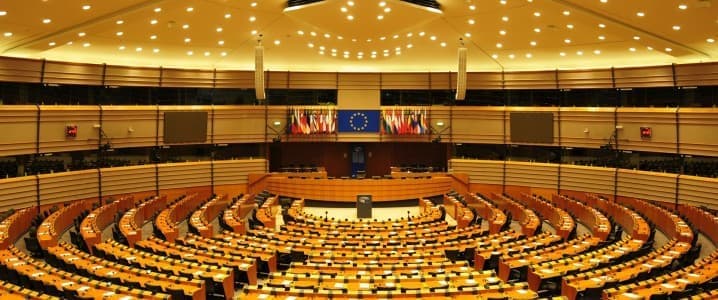The European Union will seek to address criticism that a new emissions trading system will have unbearable costs for consumers by introducing additional measures to lower these costs, European Commission President Ursula von der Leyen said in a letter to EU leaders.
The EU has created a new emissions trading system, ETS2, which will become fully operational in 2027.
The new system is separate from the current fully implemented EU Emissions Trading System, or the EU ETS, and will cover and address carbon emissions from fuel combustion in buildings, road transport, and additional sectors, predominantly small industry not covered by the existing EU ETS.
The EU argues that “the carbon price set by the ETS2 will provide a market incentive for investments in building renovations and low-emissions mobility.”
“Although it will be a ‘cap and trade’ system like the existing EU ETS, the ETS2 will cover emissions upstream. It will be fuel suppliers, rather than end consumers such as households or car users, that will be required to monitor and report their emissions,” the European Union says.
However, many EU members are concerned that the new scheme will make heating homes and filling up conventional cars with gasoline and diesel more expensive and would hit consumers, due to the carbon price.
“What we need is a transition that is just and fair, whereby especially vulnerable households, small companies and regions that are most exposed to structural changes are protected and supported,” von der Leyen wrote in a letter to leaders, as carried by Bloomberg.
The EU climate and energy ministers are meeting on Tuesday to discuss the scheme, among other things, including a proposal to set an interim target to cut emissions by 90% by 2040.
Last week, Bloomberg News reported that a group of central and eastern EU member states and Cyprus plan to request a three-year delay to the ETS2 market, from 2027 to 2030.
By Tsvetana Paraskova for Oilprice.com
More Top Reads From Oilprice.com:

